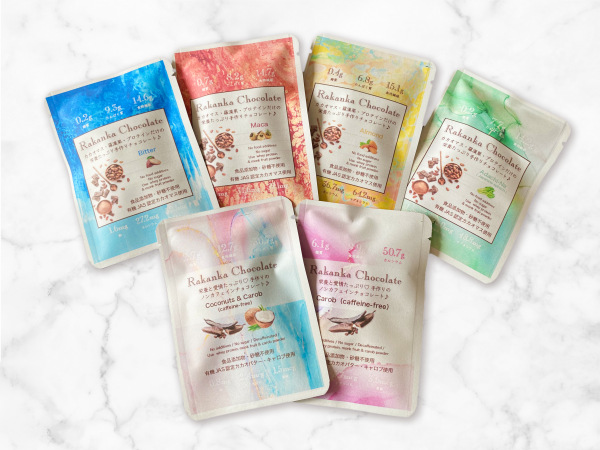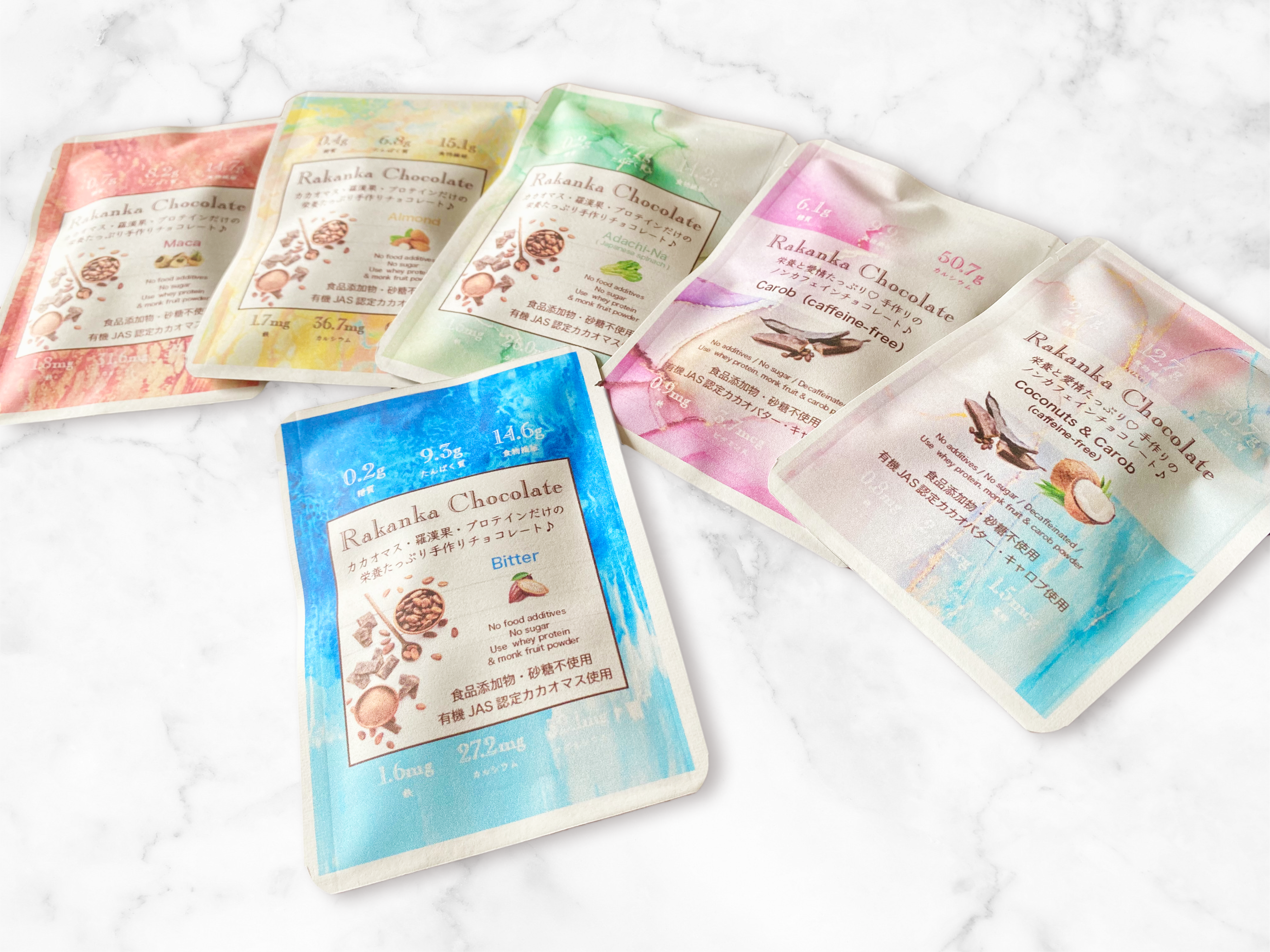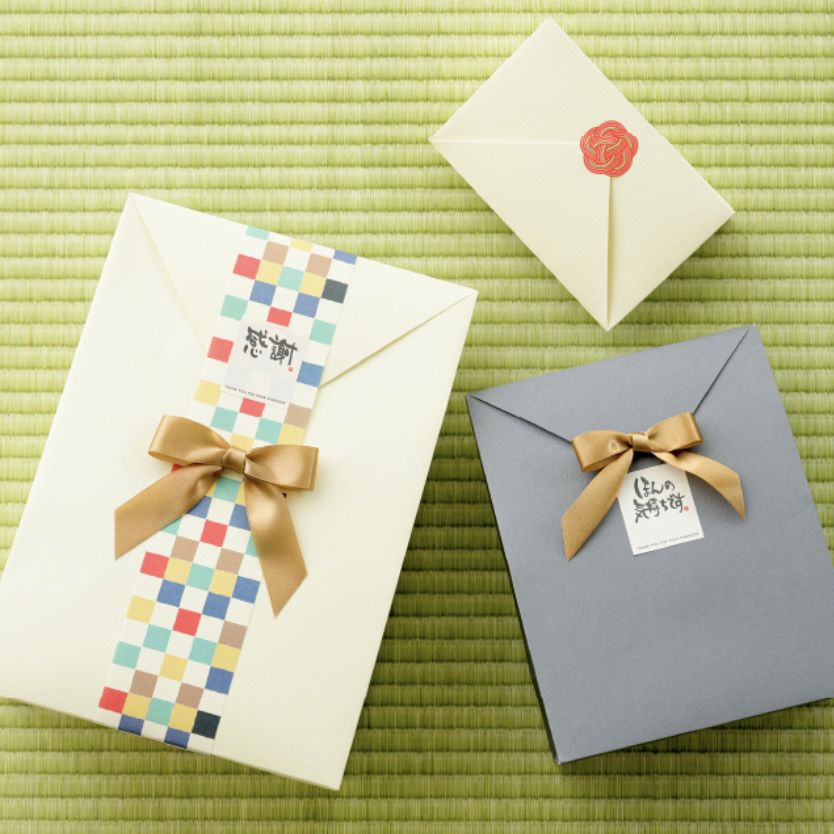
December 14, 2022
Caffeine-free Chocolate
Enjoy this caffeine-free, sugar-free chocolate substitute
By Tomi Haffety
Lovingly made by Ukrainian refugees, this high-grade, caffeine-free chocolate is the staple of Rakanka Chocolate. This chocolate substitute, produced in Japan, focuses on the health benefits of chocolate and harmonizes its sweet taste with the good it can do for your body. Harmless chocolate? How can such a juxtaposition be a real snack?
Rakanka Chocolate was founded by Matsuzaki Hitomi after she became unable to eat chocolate while she was pregnant, learning that chocolate was full of caffeine and additives. This is where the formulation of Rakanka Chocolate comes in. Because caffeine can have negative effects on the mind and body, eliminating drowsiness but increasing heart rate and anxiety, it is easy to become chronically addicted to caffeine in the form of coffee or chocolate, as caffeine is a psychoactive stimulant. As a result, eating chocolate is rarely a healthy snack, and the formula of Rakanka Chocolate incorporates carob powder and monk fruit to make a caffeine-free, sugar-free chocolate substitute.

For pregnant people, children, those who are avoiding caffeine, and anyone aiming to decrease their caffeine intake, buying caffeine-free chocolate mean that there are more ways to enjoy the delights of the sweet snack. Producing this chocolate in Japan incorporates home-grown technologies with the Mediterranean carob and the work of Ukrainian refugees, who are hired through sustainable systems of fair-trade work. Monk fruit has been used in ancient Chinese medicines, and its health benefits are widely acknowledged. The opportunities afforded to the Ukrainian migrants are vital in a time of suffering, and through the creation of new chocolate flavors, and innovative ingredients, the producers are eager to share their methods and distinctive flavors with Japan. The chocolate industry is lucratively run by conglomerates that are aiming to cut costs by increasing sugar levels, and paying workers less to increase profits. On the other hand, Rakanka Chocolate is proud to help refugees learn new skills and find a home in Japan.
Particularly important for children’s concentration and brain development, the organic carob used to make Rakanka chocolate has a low GI (glycaemic index) value, meaning that it does not raise blood sugar levels and is packed with the nutrients that your body needs. Carob contains 1.6 times the amount of Vitamin E as a pumpkin, 3 times the amount of magnesium as soy, and 1.4 times the amount of calcium in milk. Packed full of nutrients and minerals, carob is the perfect but unsung ingredient of these chocolate substitutes. Chocolate itself is not a harmful food it boasts health benefits such as holding twice the antioxidants of green tea and lowering cholesterol. By consuming caffeine-free chocolate, one is consuming only the benefits of this sweet treat.

Rakanka Chocolate incorporates both carob and coconut flavors to create caffeine-free chocolate. These are infused with imaginative flavors that tingle on your tongue, leaving you wanting more of the surprisingly healthy snack. Just try the Japanese spinach or almond combinations to experience maximum delight at such an innovative mix. Zero calories, zero caffeine, and packed full of flavor, Rakanka Chocolate proves that one does not need the sugar fix of commercial chocolate brands, but the subtle flavors of these high-quality chocolates are delectable and worthy of trying.
Natural chocolate should always be caffeine-free. Rakanka Chocolate is harnessing the flavors and production of carob to enhance natural chocolate and incorporate familiar Japanese flavors into the enjoyment of caffeine-free treats. Soon you will be using carob for all chocolate-related snacks, whether it be home-baking or a snack on the go. As vegan and caffeine-free alternatives proliferate the mainstream Japanese market, it paves way for a new kind of delicacy. The luxury afforded to healthy chocolate can be found in Rakanka Chocolate’s fair-trade and sustainable production of a chocolate substitute.







